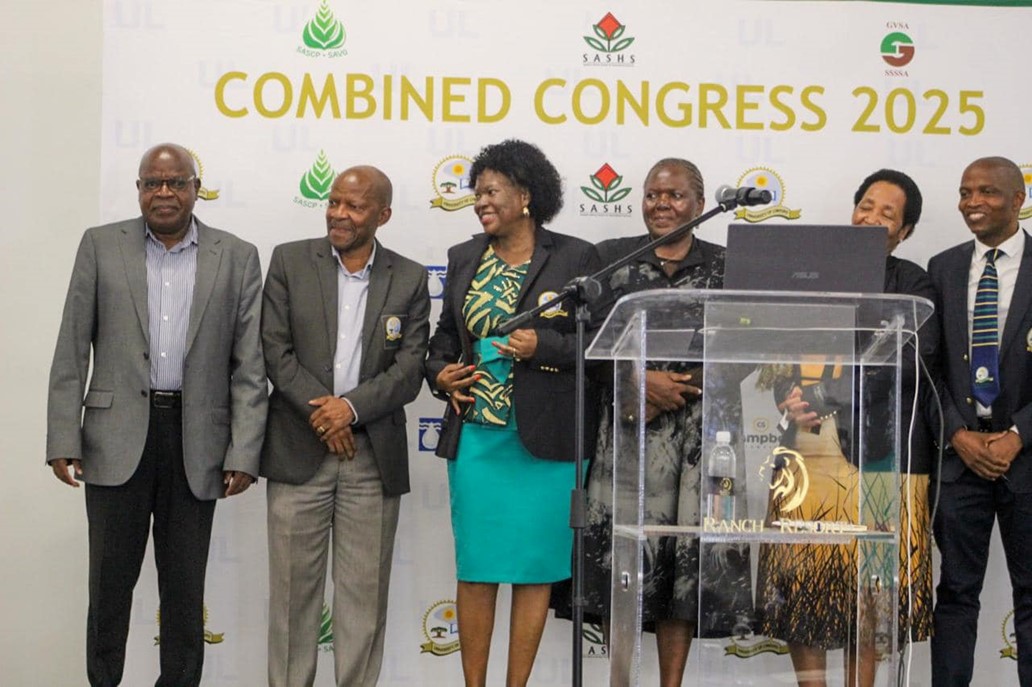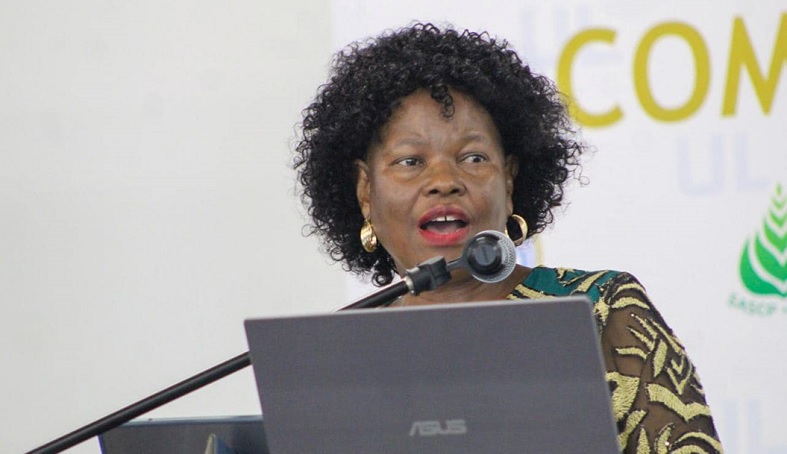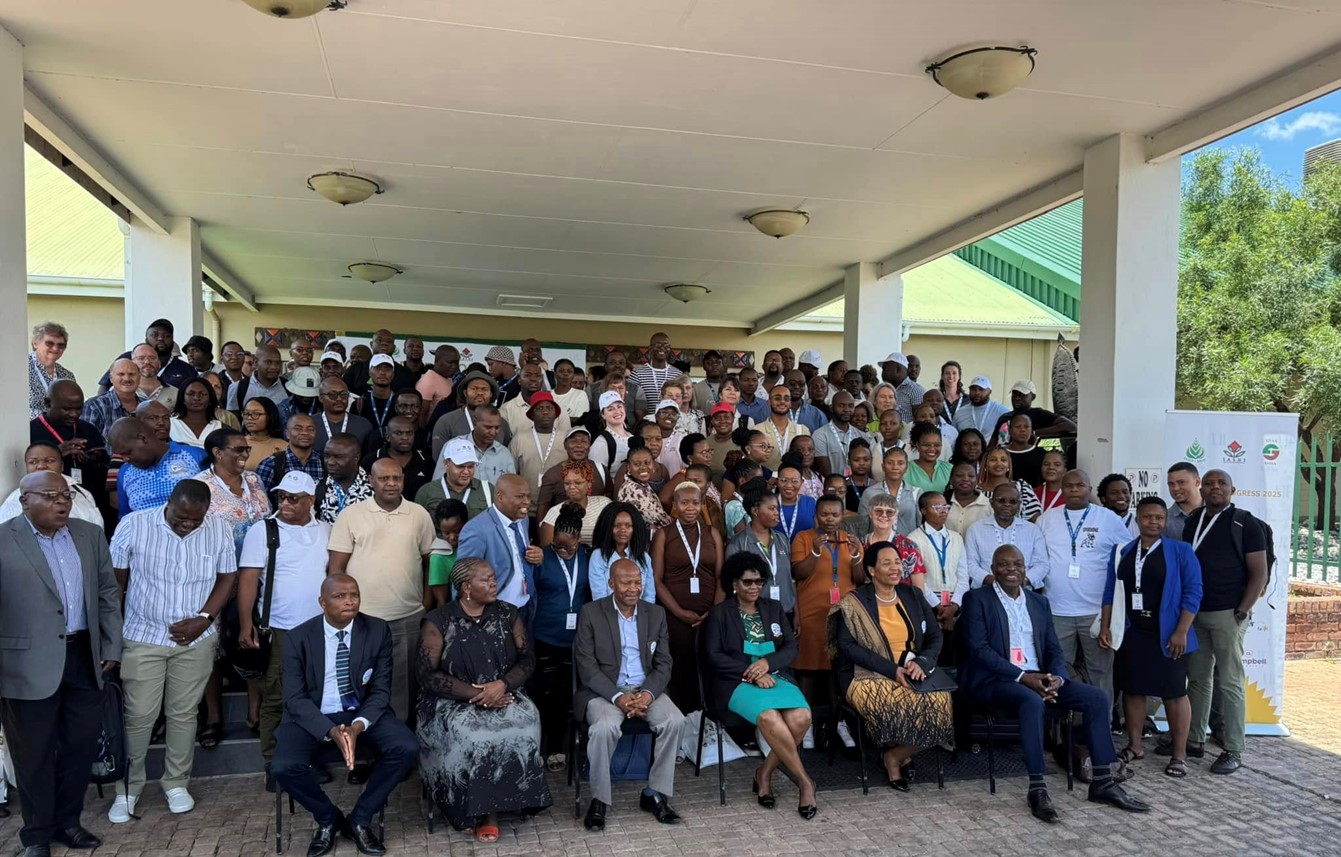By Communication Team

“Our society, much like the global community, is characterised by a dichotomy of economies: one developed and thriving with commercialisation and economic opportunities, and another underdeveloped, marked by persistent poverty and limited access to resources.
“While it is vital to continue fostering innovation and growth in the developed economy, the urgent challenge before us is to uplift the underdeveloped segments of our population, particularly in rural areas,” said Limpopo Department of Agriculture and Rural Development (LDARD) MEC Nakedi Kekana.
Kekana was addressing the official opening of Combined Congress 2025 on Science for Commercial and Rural Development at the Ranch Hotel, Polokwane from 19-23 January.
The five-day Combined Congress hosted by the University of Limpopo the Limpopo was constituted by Southern African Society for Horticultural Sciences, South African Society for Crop Production, and Soil Science Society of South Africa.

MEC Kekana calls for the upliftment of the underdeveloped segments of the population during combined congress.
MEC Kekana has further noted the climate change not only as one of the pressing challenges facing the agricultural sector, but socio-economic situation. She continued that the African continent is warming at a faster rate than the global average, as reported by the World Meteorological Organisation. The consequences include the displacement, climate-induced migration, and disruptions to agricultural systems.
The water scarcity and rapid population growth are additional cause for concerns. Irrigation agriculture is the largest consumer of freshwater resources in South Africa, accounting for approximately 60% of total freshwater usage. The scarcity of water is yet responsible to produce staple crops such as maize, wheat, and rice to feed the increase in world population. According to the United Nations, the world’s population has grown from 6.1 billion in 2000 to 8.1 billion in 2024.
These myriad challenges facing the agricultural sector, from increasing food production to mitigating the impacts of climate change were among other concerns that necessitated the hosting of the combined congress.
The congress brought in researchers and academics with diverse knowledge and expertise as intervention to generate new knowledge, developing innovative technologies, and advancing sustainable agricultural practices.
The approach will be within the government’s priorities of inclusive growth and job creation, reducing poverty, and building a capable, ethical, and developmental state, while at the same time, strengthening governance at the local sphere of government.
The hosting of the Combined Congress 2025 on Science for Commercial and Rural Development was hailed as relevant given Limpopo as the hub for agricultural innovation and development.



